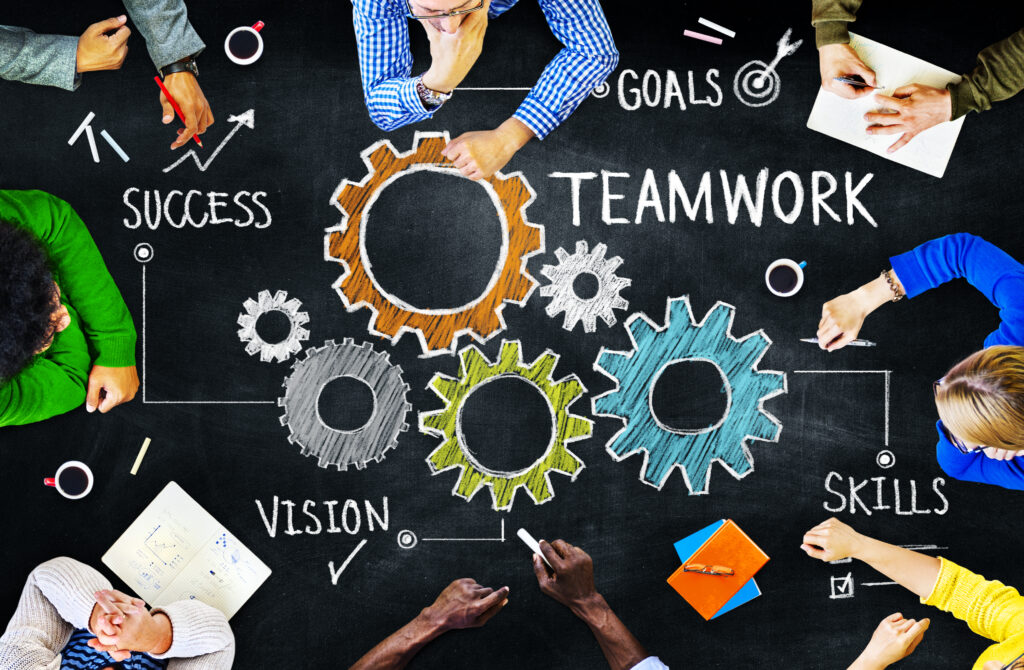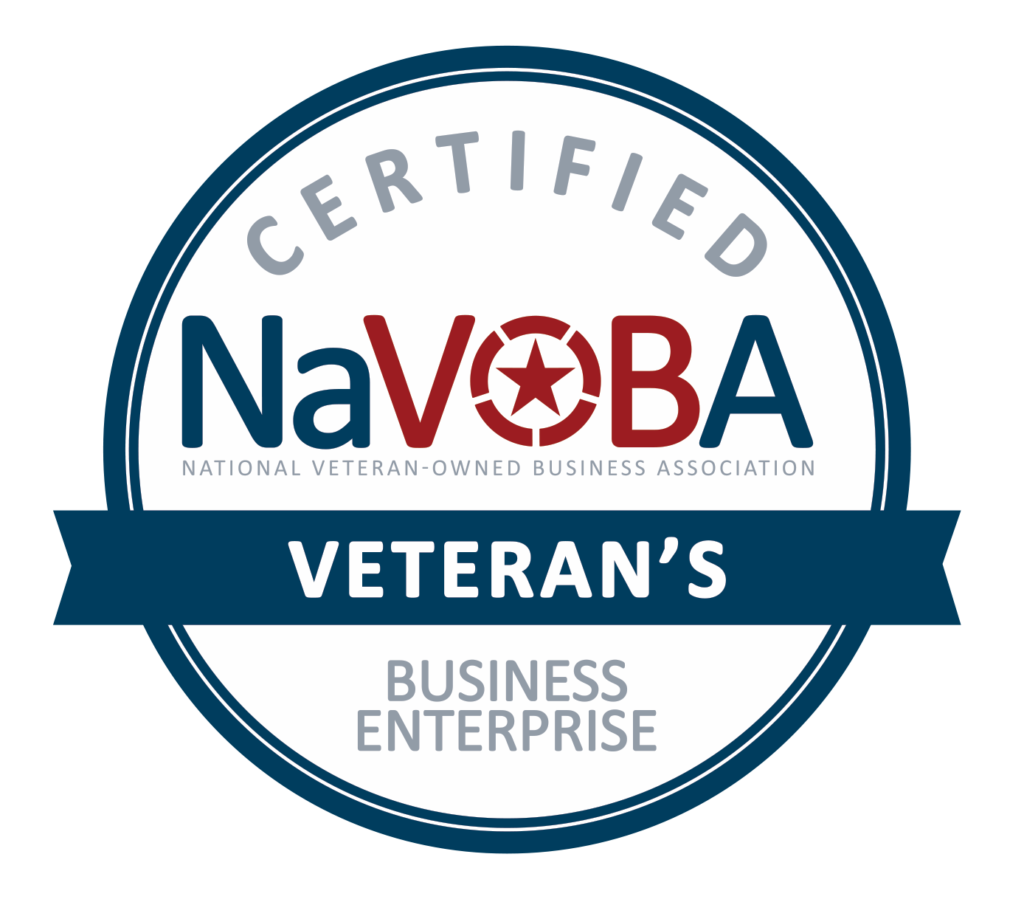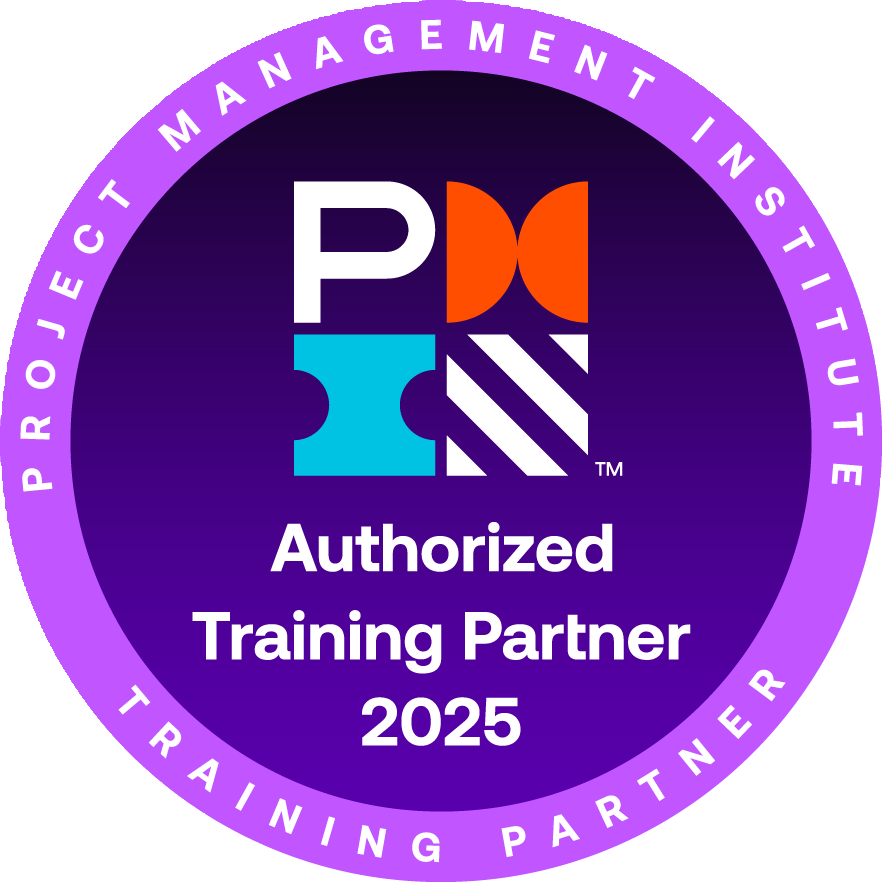
Whether you run a large corporation, a nonprofit organization, or a small mom-and-pop shop, at one point or another you will have to decide what kind of impact you want to have on your community. How will you interact with your customers and your business partners? How will you better serve your demographic? How will you continue to excel at what you do? These are all questions you will have to ask yourself when it comes to helping your business succeed long-term, and every good and sustainable business needs quality leaders. But what is leadership development, and why is it important? In this article, we will jump into the basics of leadership development, including why it is important, who it benefits, and some known qualities of a good leader.
What Is Leadership Development?
Leadership development is more than just a phrase—it is a dedicated company strategy that is built on long-term thinking for developing both trusted employees and new hires as your business expands. This includes nonprofits and volunteer organizations as well—or really any institution that sets out to make an impact of some kind. Leadership development is the process of emphasizing an individual’s inherent leadership potential through training, education, and adding to their skillset. The aim of leadership development is to increase an individual’s ability to make forward-moving decisions and inspire those around them to do the same.
What Are Leadership Development Strategies?
There are many ways to build a leader—but some strategies are more effective than others. At PMLG, we believe in experiential leadership training—meaning we create experiences in which a leader-in-training can rise to the occasion and excel, or alternatively learn from their mistakes. Leadership development can take any number of forms, including:
· Training, conferences, academies, or workshops
· Mentorships
· Coaching or boot camps
· Sand table exercises or hands-on/experiential learning experiences
Why Leadership Development Is Important
Leadership development is about more than just empowering your employees to act decisively and confidently with the best interest of the company at heart—it is also about inspiring the next generation of employees to rise to a certain standard. Some other reasons why leadership development is important include:
1. It creates a productive company culture: An autonomous, empowered employee is a happy employee—and a happy employee is a productive one. Developing leaders who are “dialed in” to the company procedures not only creates an effective workforce, but it can create a company culture that promotes productivity and forward progress—which is good for company expansion.
2. It can improve your interaction with your customers: Who is the group of people you hope to serve? Establishing strong leaders within your organization will help you to better serve your target demographic compassionately, competently, and effectively through confident customer service.
3. It can attract a strong, diverse array of candidates: They say like forces attract—so if you create a company atmosphere of excellence, you will attract excellent candidates and potentially even excellent customers. Additionally, we know that a diverse network of employees is more resilient to adversity than a homogenous one because the combined skills, knowledge, and experience of the group is richer and wider. If you can create a quality workplace environment, you will have your pick of high-caliber employees rather than sifting through applicants who may not be able to contribute meaningfully to your work.
4. It can help with strategy development and next steps for your growing business: The more people you have in the room when problem-solving or looking for next steps, the more brain power you can put towards solution-building. No matter how competent or experienced a business’ CEO, they sometimes need another perspective in order to find elegant solutions to problems—and the more people you hire who aren’t afraid of speaking up, the better.
5. It affects your bottom line: It’s no secret that confident, competent employees can typically prepare for and execute their job well; but this can even pay dividends down the line financially as well, in the form of retaining repeat customers, attracting and acquiring outside talent, and maintaining a competitive edge in an incredibly competitive marketplace. This can boil down to more positive cash flow for you, which means you can scale your business upwards while you improve the quality of life of your existing employees.

Who Benefits From Leadership Development Programs?
Creating a strong leadership atmosphere has many benefits that can positively impact the lives of many people. Leadership development can better the lives of:
· Business owners or nonprofit organizers, by providing motivated, self-starting workers that set the standard for company culture
· The leaders in training, by increasing autonomy, drive, and skillset
· New hires, by providing excellent training, inspiration, and leading by example
· The customers or demographic an organization aims to serve, by setting a high standard of service
Key Qualities of a Good Leader
While there are many ways to become an effective leader, there are a few key traits all good leaders share. Some of the top characteristics of a good leader include:
1. They possess emotional intelligence: A good leader will be empathetic and aware of their impact on others. Being self-aware and being open to feedback and growth are important qualities in a leader if they are to inspire people to follow them.
2. They consider everyone’s strengths and weaknesses: They say you are only as strong as your weakest link, and to some degree that’s true—but a good leader will see this as an opportunity to support the people around them in developing and increasing their skillsets, rather than as a hindrance. In having a team-focused mindset rather than a self-centered mindset, good leaders will bring out the best in everyone they work with along the way.
3. They practice good ethics: A good leader will do the right thing, even when it’s easier to do the wrong thing. This applies to decision-making that affects their employers, their coworkers, and their customers or demographic.
4. They are effective communicators: A person can possess all the emotional or ethical intelligence in the world—but if they don’t know how to articulate themselves, they won’t be an effective leader. Good leaders welcome ongoing dialogue, input from every participant, and encourage collaboration towards a common goal.
5. They are innovative: Sometimes the best course of action is not the most commonly chosen path. An effective leader will approach problem-solving with curiosity, creativity, and strategic thinking before taking action.
Premier Leadership Development Programs at PMLG
In an uncertain world, we need strong leadership now more than ever. Developing effective leaders in your organization can have a profound impact not just within your company, but also within your community. By setting a standard of excellence in their business, industry leaders can start a ripple effect that positively impacts their employees and customers and even encourages healthy competition in the marketplace—raising the bar across the board and implicating long-term company success.
Are you ready to invest in your business through leadership development programs? PMLG sets the standard for portfolio and project management as well as leadership training. To see if you are a good fit for PMLG’s experiential leadership development programs, check out our wide array of course material and certifications that can provide developing leaders with the confidence they need to succeed!


